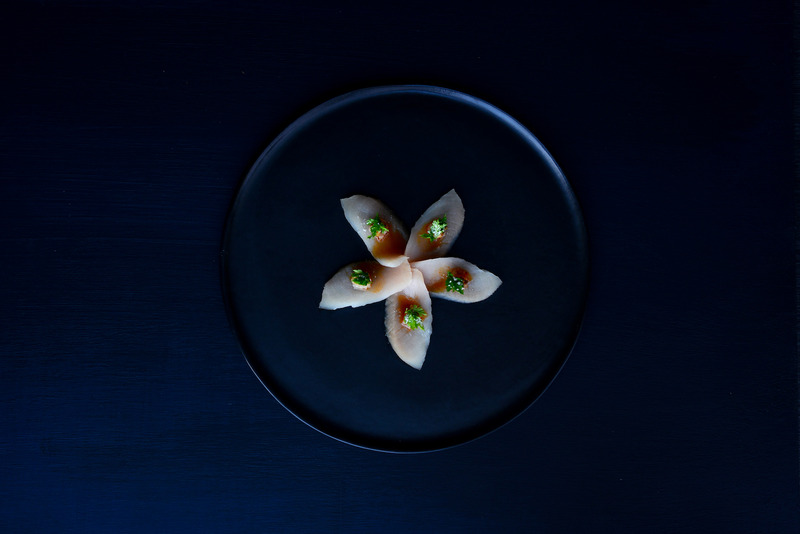The Local newsletter is your free, daily guide to life in Colorado. For locals, by locals.
What’s the most important consideration when picking a sushi restaurant to visit for dinner? I’d wager you didn’t answer ambiance, service, or even cost. For most, the freshness and quality of the raw seafood is the number one concern. But what about sustainability? Our sushi obsession is partly responsible for depleting bluefin tuna populations to record lows, and fish stocks worldwide are in peril. As diners become increasingly enticed by responsibly sourced fare, have we simply come to accept that our sushi habit cannot possibly be good for our oceans?

At the new Bamboo Sushi in LoHi, you don’t have to choose between sashimi and environmental stewardship. Founder and ecopreneur Kristofor Lofgren earned the Marine Stewardship Council’s designation as one of the first certified sustainable sushi restaurants in the US when he established Bamboo Sushi’s original location in Portland, Oregon nine years ago. (There are now four locales in Portland and another in the works, as well as a soon-to-come Seattle outpost.) Since then, Lofgren has had his eye on national expansion, starting here in Denver. Bamboo entered the Mile High market last year as a stall in Avanti Food & Beverage, which is now home to its sister concept, QuickFish Poke Bar; Bamboo’s second iteration, a stand-alone brick and mortar, officially opens in LoHi on Monday, November 27.

The most interesting thing about Bamboo’s business model is how Lofgren manages to keep prices so reasonable—signature eight-piece rolls range from $11–$17, and two-piece nigiri and sashimi prices are on-par with most typical sushi restaurants—while using 100 percent sustainable seafood. His answer? Cut out the middleman. Lofgren spent years researching and visiting responsible capture fisheries and environmentally ethical fish farms. “We get Nat Geo on it,” he says. “We want to know everything.” Bamboo guarantees to buy an entire year’s worth of catch from producers it likes, negotiating a lower price due to the high volume and ensuring a consistent market for the seller.
The process of building those relationships was so painstaking and time consuming that Lofgren refers to these connections as Bamboo’s “intellectual property.” (Lofgren, who is friends with the Kitchen’s Kimbal Musk, is also an investor in Tesla and other Silicon Valley companies.) “Ultimately the goal is to change the way the industry operates. We have an imperative to do that,” he says. Bamboo is now the largest seafood buyer in Oregon.
All that sustainable seafood translates to deliciousness on the plate, whether starring in nigiri or sashimi preparations or worked into more complicated rolls. If you go the nigiri route, opt to add the optional “yakumi” (Japanese for condiment or relish) for a small upcharge, which is specifically curated to complement each fish: fresh grated citrus zest and sea salt for the Ora King Salmon; a light sear and a dash of yuzu vinegar for the Japanese scallop.

While sampling your way through the sushi list in the sleek, bright dining room merits a visit in itself, Bamboo offers another experience in its bar area, which resembles a low-lit Japanese pub with its wooden booths. Executive chef Jin Soo Yang’s non-fish menu items are also stellar, from a take on a classic ceasar salad with crunchy-briny sea beans and seasoned rice “croutons” to the Snake River Farms wagyu burger. Wash it all down with a sake flight or specialty cocktail from the bar (the tamarind old fashioned and the Dragon, an easy-drinking sake-guava-hibiscus concoction, are both fine candidates) and toast to healthy oceans.
Bonus: While Bamboo doesn’t officially open until Monday, it’s accepting walk-ins on Black Friday and over the weekend if you need a break from all of those Thanksgiving leftovers.








